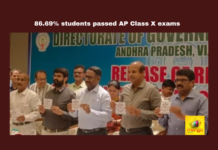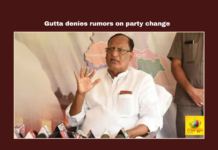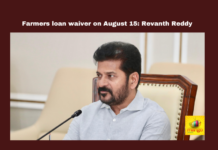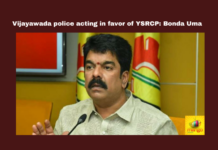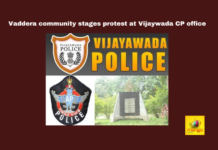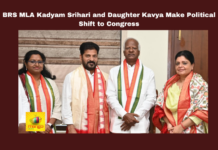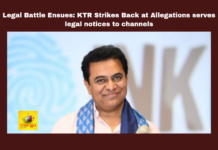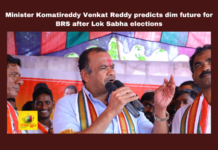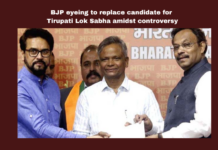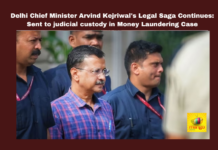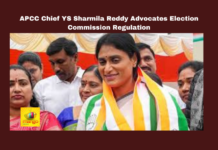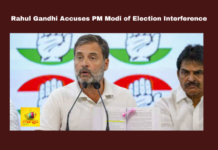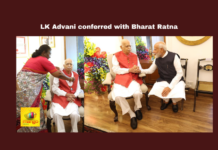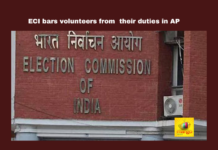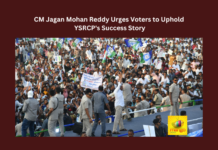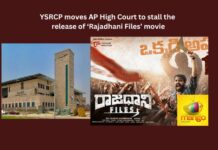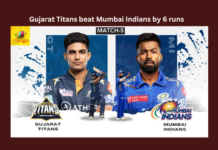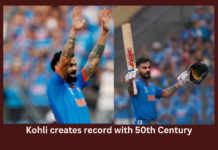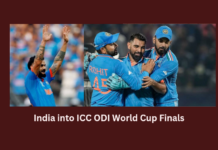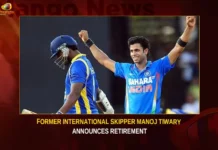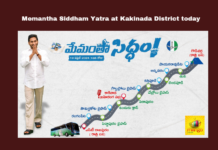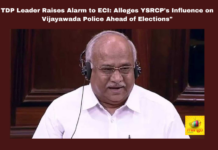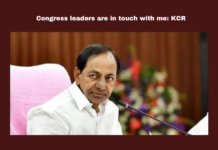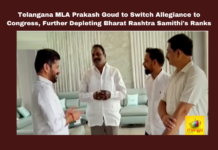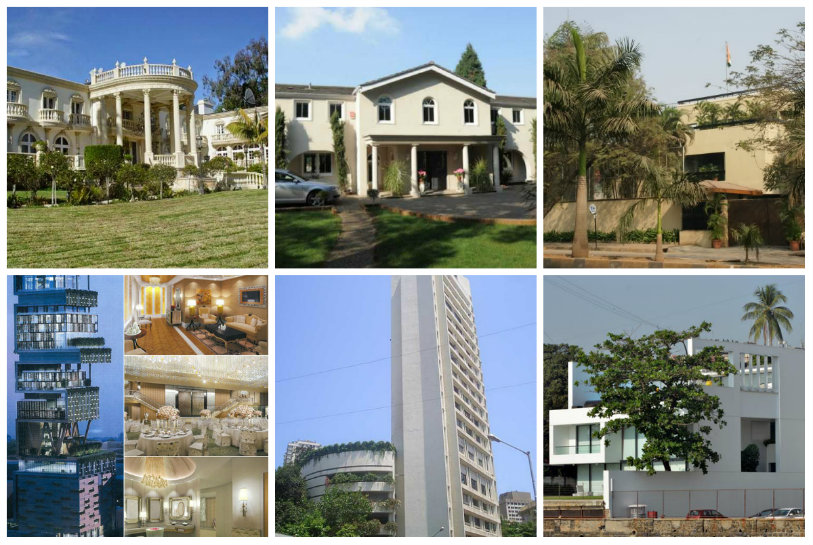On the occasion of 69th Independence Day, let’s go through a brief account of the events and struggles faced by our freedom fighters to gift us the Independence we enjoy today.
Here are some Nostalgic and commemorative moments from Indian Freedom Struggle (1857-1947) :
May 1857: First War Of Independence Started With Revolt From Indian Soldiers Against British Raj. The revolt famously known as Indian Mutiny or the Sepoy Mutiny.
Rebellion Started With Soldier Mangal Pandey Attacking British Sergeant.


December 1885: Indian National Congress founded by Indian and British members.
First INC session held in Bombay under President Womesh Chandra Bonnerjee.


October 1905: Bengal was divided into two provinces – Eastern Bengal and Assam.
INC leaders Bal Gangadhar Tilak and Sri Aurobindo launched to Swadeshi Movement, with Indians boycotting and burning foreign goods.




1915: Mohandas Karamchand Gandhi returned to India upon invitation of Gopala Krishna Gokhale, and joined INC.


13 April 1919: Jallianwala Bagh Massacre shook the nation. British Indian Amry under command of Reginald Dyer launched fire on nonviolent protesters, along with Baishakhi pilgrims, gathered in Jallianwala Bagh, Amritsar, Punjab.




Nearly 1,000 shot dead, and other 1500 wounded when Dyer’s troops fired 1,650 rounds.
1920: Gandhi rose as National Leader, and took up reigns of Congress Party. Gandhi launched famous Non-Cooperation Movement with protestors refusing to buy British goods.
Ahimsa and Non-violence were prime principles of the movement.


February 1922: Chauri Chaura Incident: Non-violent protestors set Chauri Chaura police station on fire in retaliation to police opening fire. Disappointed, Gandhi called off Non-Cooperation Movement.


August 1925: Chandra Sekhar Azad, Ram Prasad Bismil and Ashfaqullah Khan conspired and executed Kakori train robbery looting British Government Treasury.






October 1928: British government set up Simon Commission for report India’s political situation. Lala Lajpat Rai held rally against the Commission, and was killed in a lathi charge during the protest launched by SP James Scott.


December 1928: Bhagat Singh, Sukhdev, Rajguru and Azad assassinate John Saunders mistaking him for Scott.


April 1929: Singh, with Batukeshwar Dutt, threw two unharmful bombs into the Assembly chamber from its public gallery, and raised slogans of ‘Inquillab Zindabad’ (Long Live Revolution).


January 1930: Congress asked people to observe 26th January as Independence Day, and national flag was hoisted publicly across the country.


March 1930: Gandhi launched Dandi March / Salt Satyagraha, a peaceful demonstration of tax resistance against the British salt monopoly in colonial India.


February 1931: Chandra Sekhar Azad shot himself not wanting to be captured by British after wounded Azad was surrounded by policemen in Alfred Park.




19 March 1931: Gandhi rejects plea to stop death sentence of Bhagat Singh appealed by Congress President Madan Mohan Malviya.


23 March 1931: Bhagat Singh, Sukhdev and Rajguru executed in Lahore Jail.


August 1942: Gandhi called for Quit India Movement / Bharat Chhodho Andolan during ongoing World War II. Do or Die was the slogan raised by Gandhi. British PM Winston Churchill was pressurised by US President Franklin D Roosevelt to give in to Indian demands.




June 1947: last British Governor-General Viscount Louis Mountbatten announced partition of British India into India and Pakistan.


August 1947: The British Parliament passed the Indian Independence Act 1947 at 12:02, just after midnight, on 15 August 1947, and declared India an Independent nation. Nehru delivered his landmark speech to the Indian Constituent Assembly in The Parliament, Tryst With Destiny.




Mango News pays tribute and salutes each and every Indian who laid their lives in the fight against British Raj.

